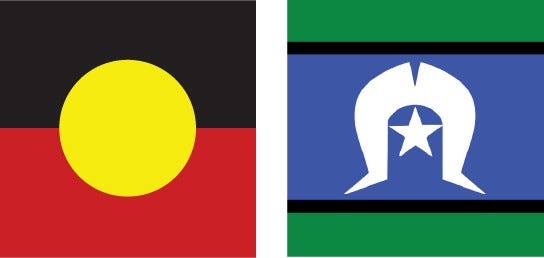
Co-design by a different name
Co-design is a approach to design that has been gaining momentum — and evidence — for 40+ years. Starting in coming from social research and community development it has many names and diverging paths.
What that means for you is that there are many more tools out there and a lot more evidence around “co-designish” practices than you may think. Welcome to the co-design vortex.
Here is a small selection of labels I’ve seen:
- Collective problem-solving
- Experience Based Co-design (EBCD)
- User-centred design, human-centred design and empathic design
- Cooperative design, participatory design, “Scandinavian”
- Participatory action research (PAR), action research (AR), cogenerative research
- Interpretative phenomenological analysis (The other IPA), semiotic mediation, hermeneutic phenomenology
- Humanistic psychology
- Co-creation, including co-design, co-production and co-futuring
- Critical design and design fiction if created with others
- Applied ethnography or applied design research
- Generative design research
And if you want to keep looking some of these disciplines also use co-design approaches but call it something else: Equity-Centered Community Design (ECCD), Contextual design, Open design, Meta design, slow design, social and inclusive design, transition design, person-centred care.
I am sure there are plenty more outside of ‘design’ too. Play therapy, art therapy and anything strength-based has co-design-like moments where people work together and use creative thinking and props to articulate an idea.
How do they fit together?
Here’s an attempt at a map.

Other than that. If you have any other suggestions and additions. Let everybody know in the comments.

Acknowledgement of country
This article was written on the stolen lands of the Wurundjeri people.
I acknowledge the Traditional Owners of country throughout Australia and recognise their continuing connection to land, waters and culture. I pay my respects to their Elders past, present and emerging. I support their right to self-determination. I recognize the privilege I have as an Australian is at the cost of first nations people. I hope to witness what co-design practice will learn as is decolonialises and listens deeply.
